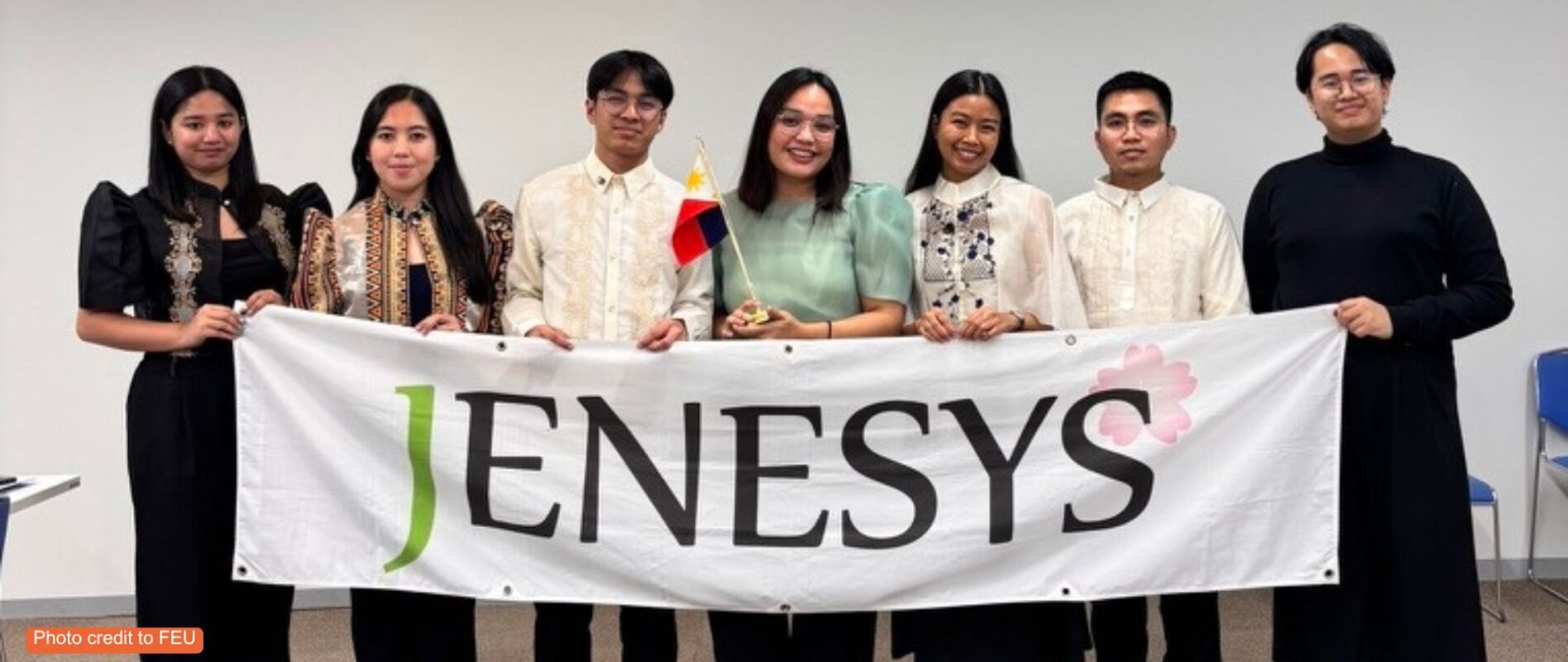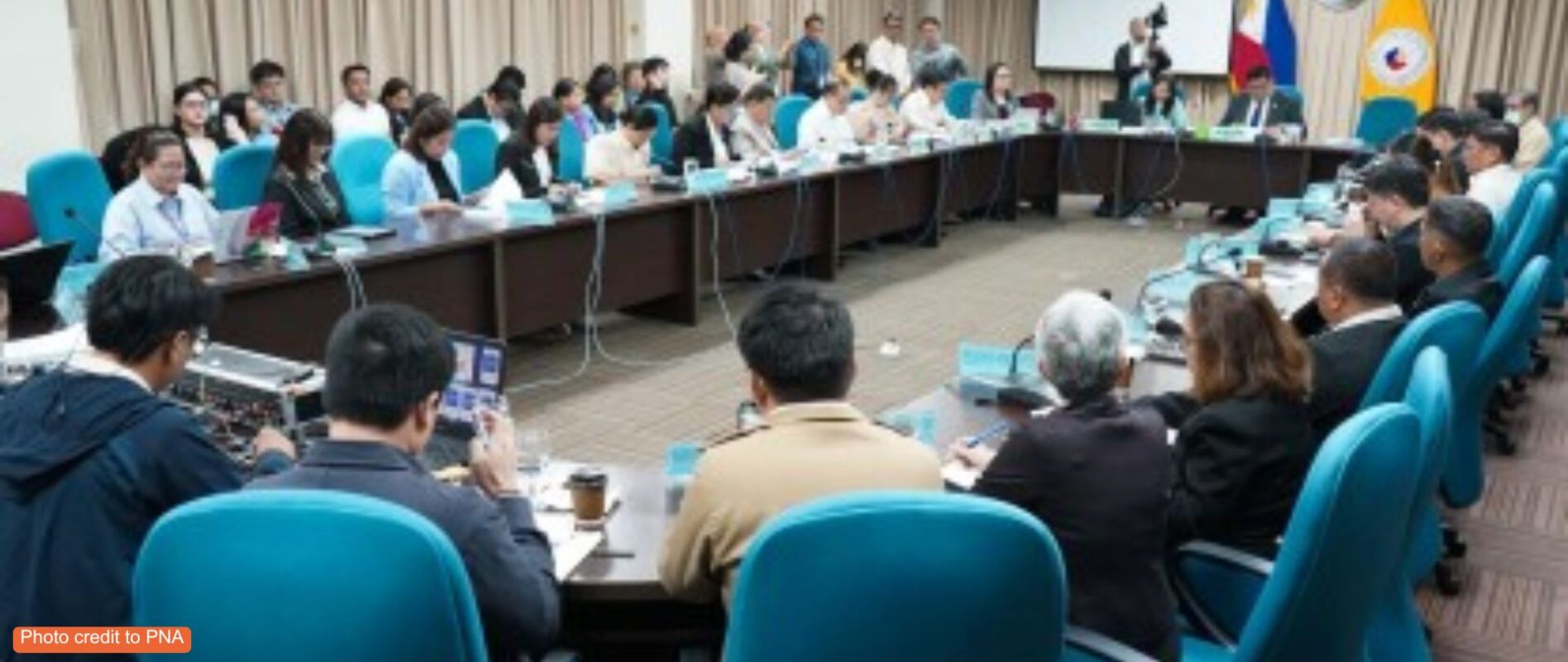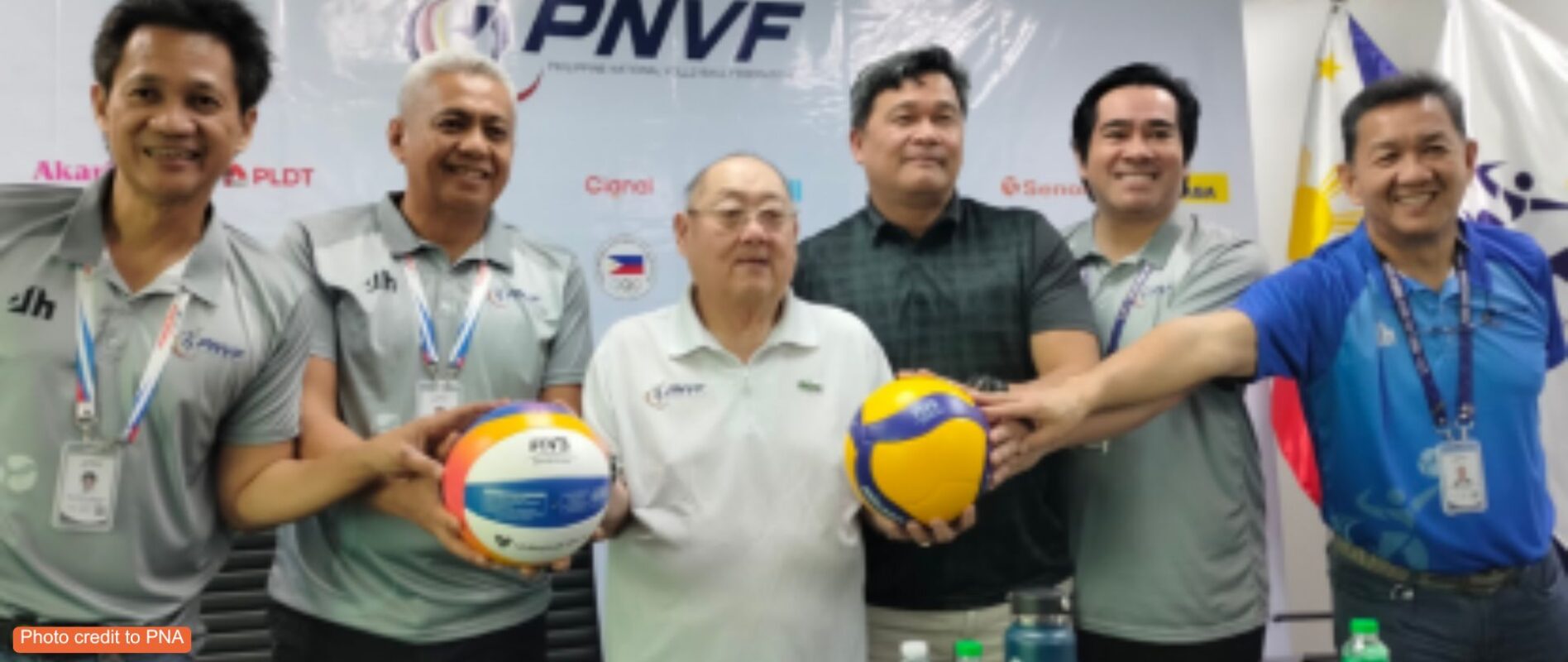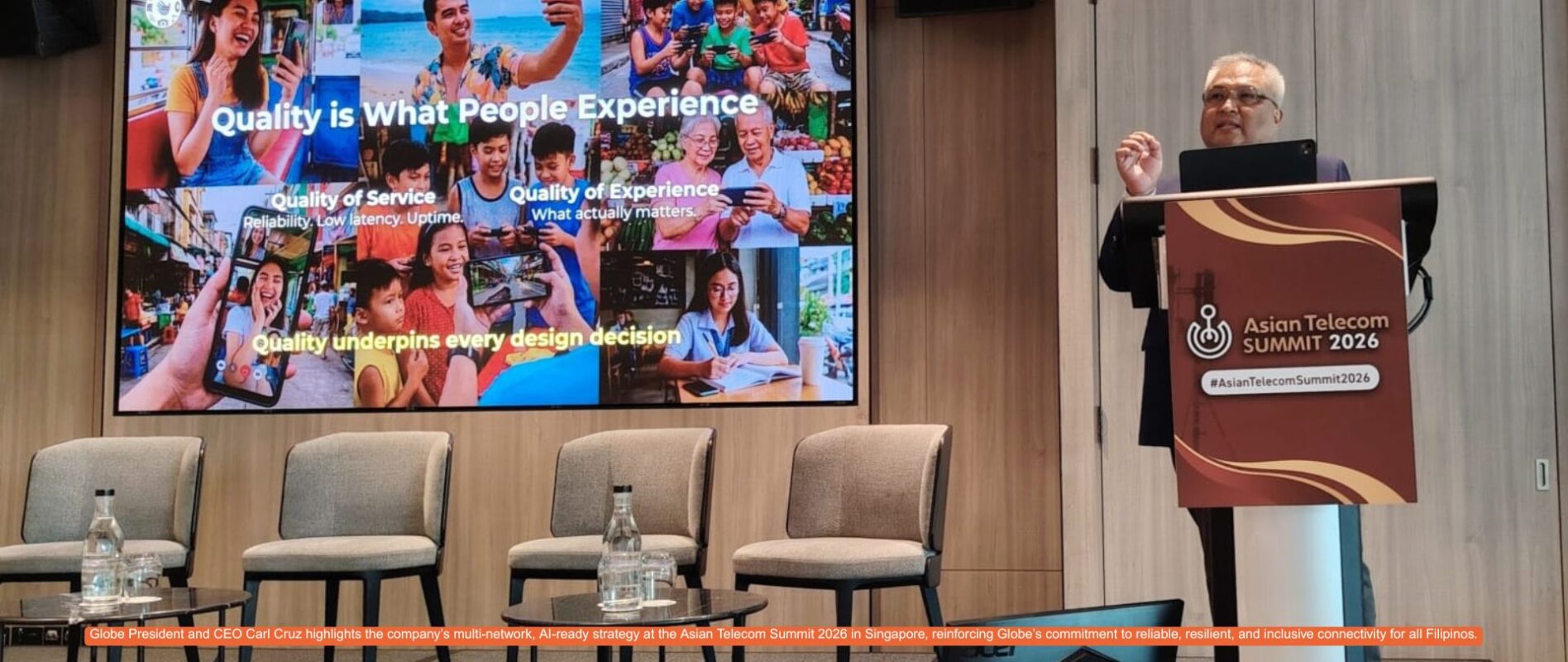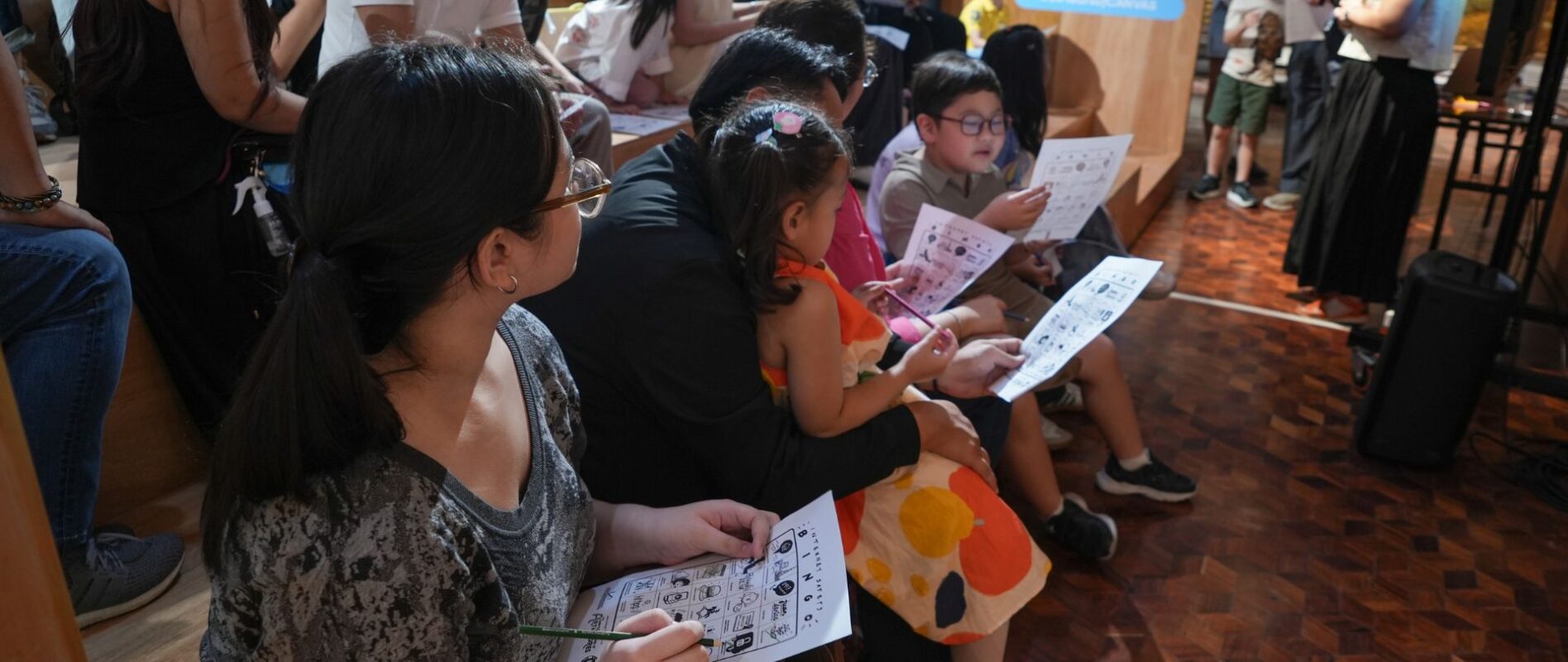TESDA USES FACIAL BIOMETRICS FOR SCHOLARS
THE TECHNICAL Education and Skills Development Authority now uses facial recognition biometric technology in its scholarship registration and attendance system.
Through the Biometric-Enabled Scholarship Registration System, the agency is determined to improve the management and strengthen the integrity of its scholarship programs.
TESDA Director General Isidro Lapeña said that the BSRS is part of the agency’s digitization as groundwork for the Fourth Industrial Revolution.
“To continuously address equity and access by providing direct financial assistance to deserving TVET scholars across all regions in the country, we are improving our services to adapt to the new normal,” he said.
Since the start of the pandemic, TESDA has improved its systems and processes to ensure that scholarship funds are properly utilized.
It created an information system with features that can validate the scholars’ actual attendance through facial recognition through android phones and other mobile app features.
“TESDA scholars and trainers will have their own training profiles where they will have a one-time registration which will only require image capture of their faces and inputs of their personal data which remain similar to what they fill in with the TESDA scholarship application forms. In this way, scholars can easily enroll online . More importantly, they can now monitor their training progress as well,” Lapeña explained.
With their BSRS profile, students can enroll again in the future without having to register.
Meanwhile, trainers will also have their own profiles where they can manage and check their class schedules. They can also view the attendance sheet and communicate with learners individually or collectively.
The pilot testing of BSRS, handled by TESDA’s Information and Communication Technology Office, started last January 25 at the TESDA Women’s Center, MUNTIPARLASTAPAT District Training and Assessment Center, Pasay-Makati District Training and Assessment Center, and Regional Training Center in the National Capital Region. Pilot testing at the Regional Training Center of Cordillera Administrative Region has also started and will last until February 25.


